The Australian National University says its new Distributed Energy Resources (DER) Lab will provide a “fail-safe power system” to securely develop and test technologies and systems before deploying them into the live grid.
The lab was officially opened on Tuesday by the Australian Capital Territory’s Chief Minister, Andrew Barr, who said the facility will “cement” the state’s position a leader in renewable energy innovation and collaboration, as well as unlock new opportunities in the economy and jobs markets.
The lab was announced back in 2019 and supported by $1.5 million in funding from the ACT government. The project of designing and constructing the facility was a partnership between ITP Renewables, University of New South Wales Canberra, Evoenergy and ANU.
We're super charged ⚡️to officially launch the Distributed Energy Resources Lab today!
The lab mirrors our electricity grid & allows us to test the new tech driving our low-carbon energy future before the switch is flicked on — like EVs! 🚗https://t.co/9Inp0383DQ pic.twitter.com/vKbWSMY1bT
— ourANU (@ourANU) July 13, 2021
“Now more than ever, Australia must design an energy system fit for the 21st century,” ANU Vice-Chancellor Professor Brian Schmidt said.
“As Australia moves away from large centralised fossil-fuel powered generators to a decentralised grid consisting of a vast array of distributed renewable energy assets, we need to find innovative ways to enable this vast amount of renewable energy to safely and effectively enter the electricity grid.
“It is through the research carried out in the Distributed Energy Resources Lab that we, as a society, will be equipped with the technology and capabilities that will help smooth out and accelerate this vital energy transition,” Professor Schmidt added.
The ANU lab opens just a few weeks after Victoria’s Deakin University attracted million dollars of funding from both the state and federal governments for two new research and development facilities, one dedicated to battery research and the other to hydrogen.
This content is protected by copyright and may not be reused. If you want to cooperate with us and would like to reuse some of our content, please contact: editors@pv-magazine.com.
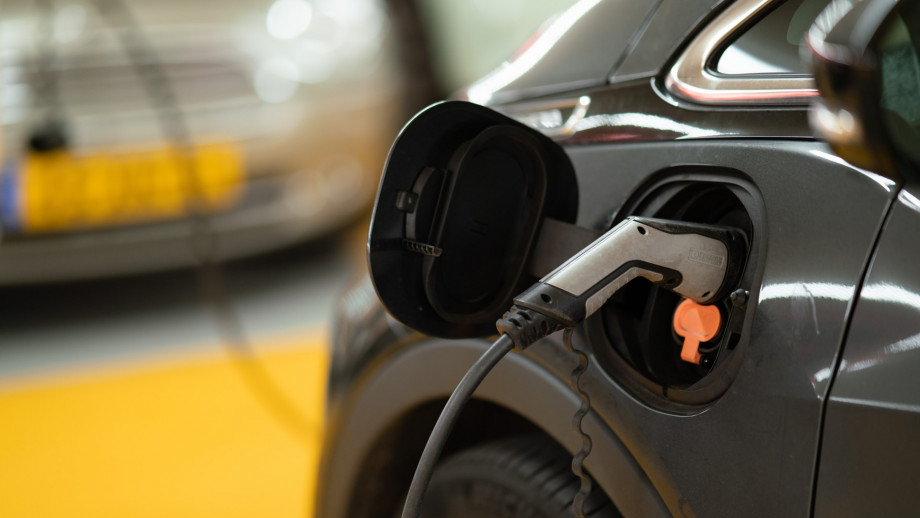


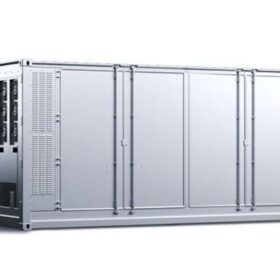
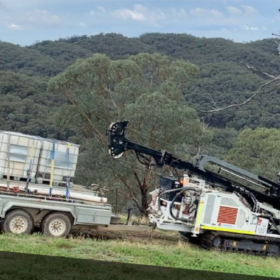
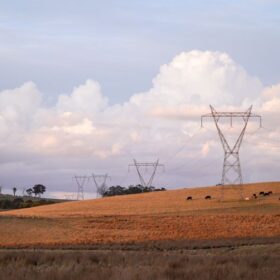
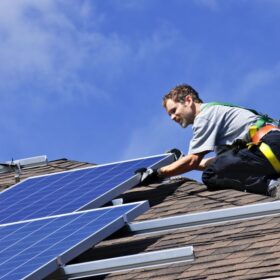
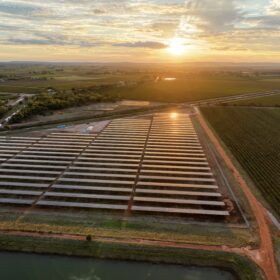
By submitting this form you agree to pv magazine using your data for the purposes of publishing your comment.
Your personal data will only be disclosed or otherwise transmitted to third parties for the purposes of spam filtering or if this is necessary for technical maintenance of the website. Any other transfer to third parties will not take place unless this is justified on the basis of applicable data protection regulations or if pv magazine is legally obliged to do so.
You may revoke this consent at any time with effect for the future, in which case your personal data will be deleted immediately. Otherwise, your data will be deleted if pv magazine has processed your request or the purpose of data storage is fulfilled.
Further information on data privacy can be found in our Data Protection Policy.